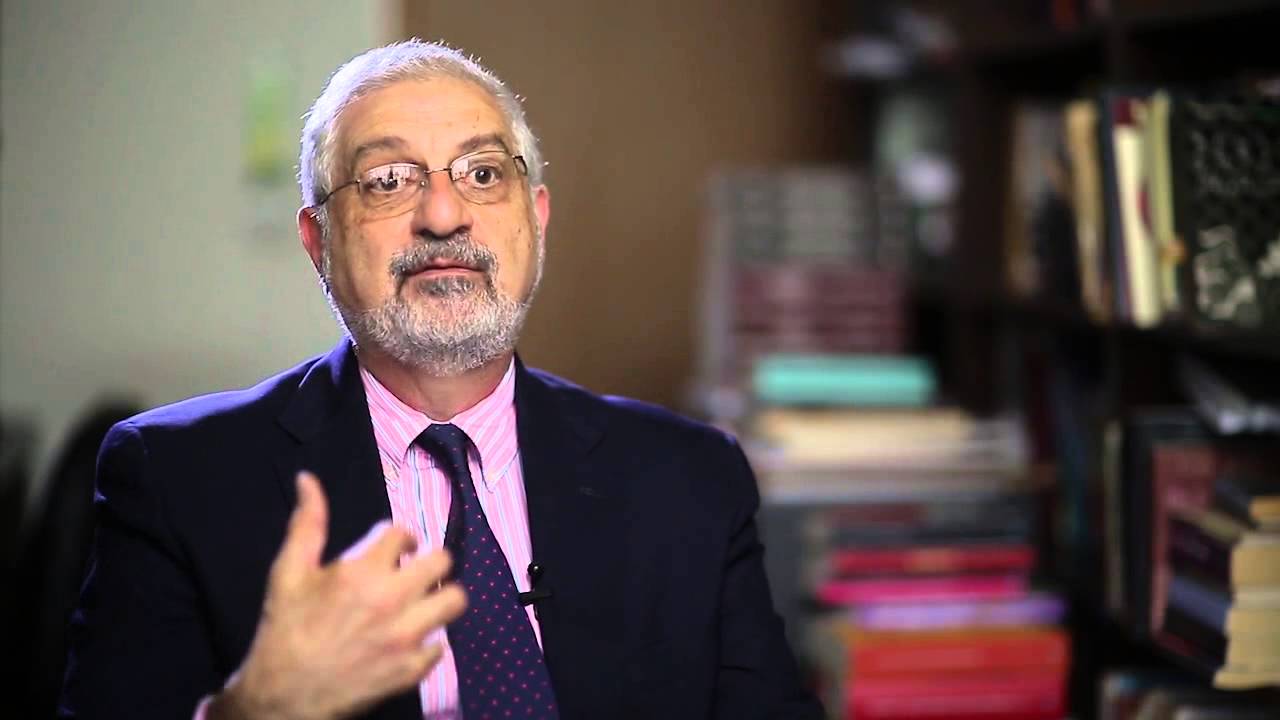
At the digital congress held following the ending of Angela Merkel’s incumbency, Friedrich Merz received 96.6% of the votes and was elected chairman. Friedrich Merz took first place against Norbert Röttgen and Helge Braun with 62 percent of the votes in the trend survey held on December 2021.
Friedrich Merz has been campaigning hard for the chairmanship of the CDU since 2018. He lost the chairmanship to Annegret Kramp – Karrenbauer in 2018 by a narrow margin. Merz’s aim is to regain the lost votes from the AfD (Alternative for Germany) party. However, he must have realized that he has to focus on his racist rhetoric for this, and he does not have any problems in this regard.
Like most CDU politicians, he is above all a pragmatist; he is a politician who is able to reveal his personal preferences but is still conscious of the limitations placed on his office. Therefore, in the end, he will choose the tactic that wins the most votes for his party.
Therefore, since his return to politics, it is not surprising that his focus has been on alleviating fears of a possible return to right-wing policies. As his party, unlike the “old enemy” Greens party, does not have “enough young party members and not enough female members”, he repeatedly praised the Greens. This can be given as another example of how deep the vote anxiety is.
He also continues to reject any cooperation or partnership with the AfD. Reiterating his statement in December in which he labeled the party as “Nazis” and accused it of antisemitic rhetoric, he said that anyone who raises their hand to work with them (AfD) could face expulsion the very next day. He also apologized for his past homophobic remarks and even pledged to grant (LSU) status to the CDU’s LGBTQ association, Lesben und Schwule in der Union[1]. Thus, Merz, who wanted to transform the CDU back into the party of “traditional conservatives”, stated that he saw it as a method to prevent voters from radicalizing, leaning towards the extreme right or identifying themselves with the left[2].
Although Merz’s manner can be associated with the extreme right, it would not be wrong to say that the votes of the CDU that was lost to the AfD are the basis of his motivation. Regarding his thoughts on Turkey, he said that Turkey was “blackmailing” on the subject of the refugees and that Turkey needed to be persuaded to put an end to this discourse. Furthermore, he also stated that Turkey should receive more financial aid for opening her doors to the refugees and hosting them[3].
Although Merz, like most EU politicians, objects to Turkey’s full membership, he does not adopt a stance in favor of breaking relations with Turkey completely. He argued that relations with Turkey could be established similarly to the trade agreement with England. At this point, Merz’s attitude mostly appeals to German domestic politics and stems from the concern for votes. Therefore, it is possible to say that he has a different attitude from the Turcophobic and xenophobic approach that we have seen before.
*Photography: https://www.sueddeutsche.de/politik/cdu-friedrich-merz-parteitag-armin-laschet-angela-merkel-1.5513420
[1] Marco Bitschnau, “Firedrich Merz: What to Expect from the CSU’s New Leader,” LSE.ac.uk, 24 January 2022, https://blogs.lse.ac.uk/europpblog/2022/01/24/friedrich-merz-what-to-expect-from-the-cdus-new-leader/.
[2] “Almanya’nın Yeni Lider Adayları Türkiye’ye Nasıl bakıyor?”, DW.de, 16 January 2021, https://www.dw.com/tr/almanyanın-yeni-lider-adayları-türkiyeye-nasıl-bakıyor/a-56228206.
[3] “Almanya’nın Yeni Lider Adayları Türkiye’ye Nasıl bakıyor?”
© 2009-2025 Center for Eurasian Studies (AVİM) All Rights Reserved
No comments yet.
-
 THE NEVER-ENDING INCONSISTENCIES OF MACRON
THE NEVER-ENDING INCONSISTENCIES OF MACRON
Hazel ÇAĞAN ELBİR 23.12.2020 -
 THE NEW PRESIDENT OF THE EUROPEAN PARLIAMENT AND EUROPE'S FREEDOM VALUES
THE NEW PRESIDENT OF THE EUROPEAN PARLIAMENT AND EUROPE'S FREEDOM VALUES
Hazel ÇAĞAN ELBİR 11.02.2022 -
 COMMON SENSE HAS WON: CALIFORNIA GOVERNOR DENIED THE PAROLE OF SASSOUNIAN
COMMON SENSE HAS WON: CALIFORNIA GOVERNOR DENIED THE PAROLE OF SASSOUNIAN
Hazel ÇAĞAN ELBİR 17.05.2017 -
 “ATATÜRK” IS ON PRIMEVIDEO
“ATATÜRK” IS ON PRIMEVIDEO
Hazel ÇAĞAN ELBİR 17.09.2024 -
 CIA DECLASSIFIED THE DOCUMENTS ON THE COOPERATION BETWEEN ASALA AND PKK
CIA DECLASSIFIED THE DOCUMENTS ON THE COOPERATION BETWEEN ASALA AND PKK
Hazel ÇAĞAN ELBİR 14.02.2017
-
 THE EU CONTRADICTS ITSELF BY CRITICISING TRUMP FOR BUILDING THE WALL ALONG THE US-MEXICO BORDER
THE EU CONTRADICTS ITSELF BY CRITICISING TRUMP FOR BUILDING THE WALL ALONG THE US-MEXICO BORDER
Hazel ÇAĞAN ELBİR 21.02.2017 -
 PROTESTS AND POLITICAL CRISIS IN KAZAKHSTAN
PROTESTS AND POLITICAL CRISIS IN KAZAKHSTAN
Gülperi GÜNGÖR 11.02.2022 -
 WATS AND THE TEFLON LINING TO WHICH NOTHING STICKS
WATS AND THE TEFLON LINING TO WHICH NOTHING STICKS
AVİM 20.09.2017 -
THE ARMENIAN QUESTION AFTER THE HOLIDAYS - I
Ömer Engin LÜTEM 05.09.2011 -
 NATO’S DIGITAL EXPOSURES: ARMENIA’S US-BACKED AI MEGAPROJECT IN THE SOUTH CAUCASUS
NATO’S DIGITAL EXPOSURES: ARMENIA’S US-BACKED AI MEGAPROJECT IN THE SOUTH CAUCASUS
Teoman Ertuğrul TULUN 03.03.2026
-
25.01.2016
THE ARMENIAN QUESTION - BASIC KNOWLEDGE AND DOCUMENTATION -
12.06.2024
THE TRUTH WILL OUT -
27.03.2023
RADİKAL ERMENİ UNSURLARCA GERÇEKLEŞTİRİLEN MEZALİMLER VE VANDALİZM -
17.03.2023
PATRIOTISM PERVERTED -
23.02.2023
MEN ARE LIKE THAT -
03.02.2023
BAKÜ-TİFLİS-CEYHAN BORU HATTININ YAŞANAN TARİHİ -
16.12.2022
INTERNATIONAL SCHOLARS ON THE EVENTS OF 1915 -
07.12.2022
FAKE PHOTOS AND THE ARMENIAN PROPAGANDA -
07.12.2022
ERMENİ PROPAGANDASI VE SAHTE RESİMLER -
01.01.2022
A Letter From Japan - Strategically Mum: The Silence of the Armenians -
01.01.2022
Japonya'dan Bir Mektup - Stratejik Suskunluk: Ermenilerin Sessizliği -
03.06.2020
Anastas Mikoyan: Confessions of an Armenian Bolshevik -
08.04.2020
Sovyet Sonrası Ukrayna’da Devlet, Toplum ve Siyaset - Değişen Dinamikler, Dönüşen Kimlikler -
12.06.2018
Ermeni Sorunuyla İlgili İngiliz Belgeleri (1912-1923) - British Documents on Armenian Question (1912-1923) -
02.12.2016
Turkish-Russian Academics: A Historical Study on the Caucasus -
01.07.2016
Gürcistan'daki Müslüman Topluluklar: Azınlık Hakları, Kimlik, Siyaset -
10.03.2016
Armenian Diaspora: Diaspora, State and the Imagination of the Republic of Armenia -
24.01.2016
ERMENİ SORUNU - TEMEL BİLGİ VE BELGELER (2. BASKI)
-
AVİM Conference Hall 24.01.2023
CONFERENCE TITLED “HUNGARY’S PERSPECTIVES ON THE TURKIC WORLD"









